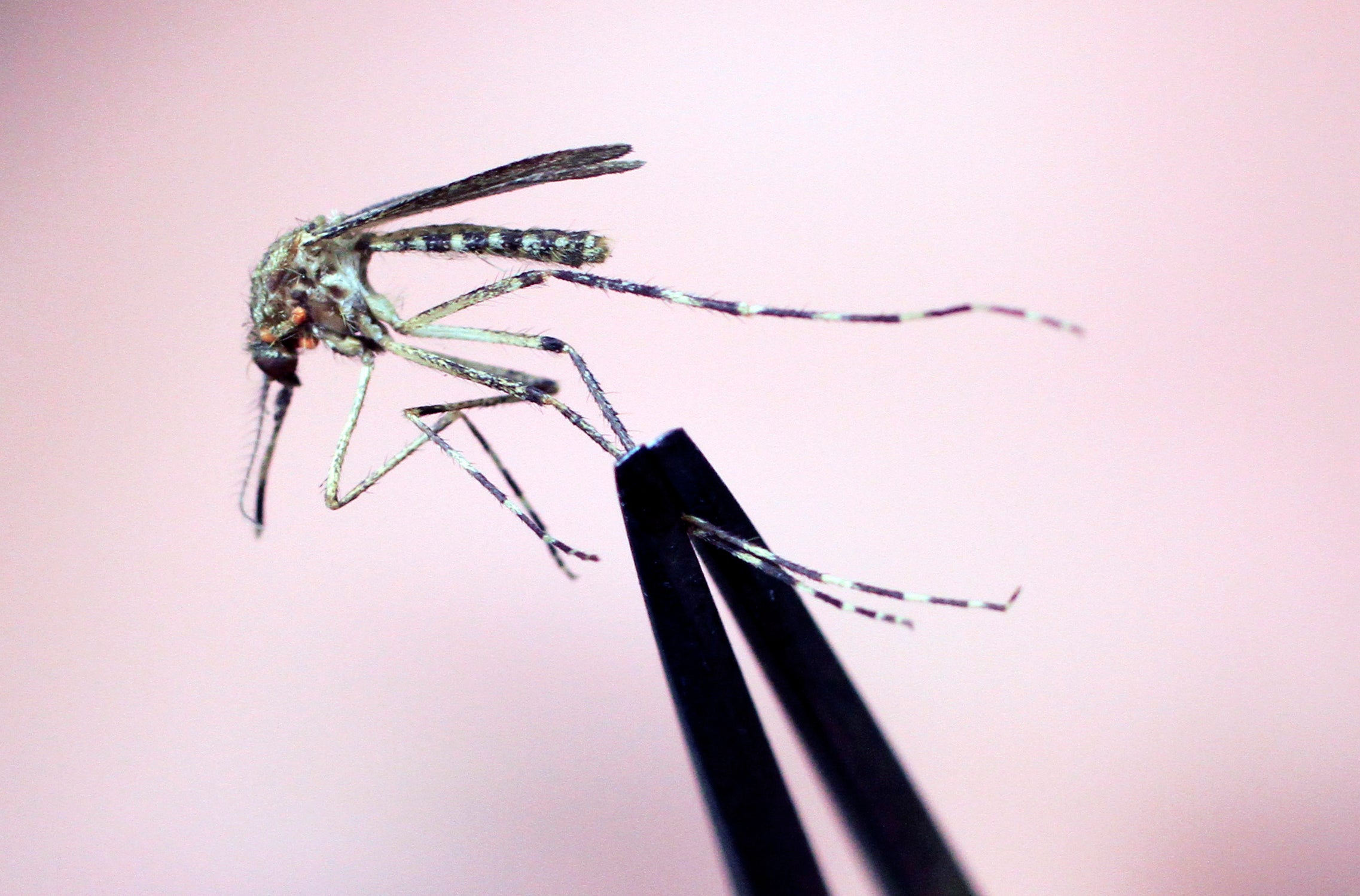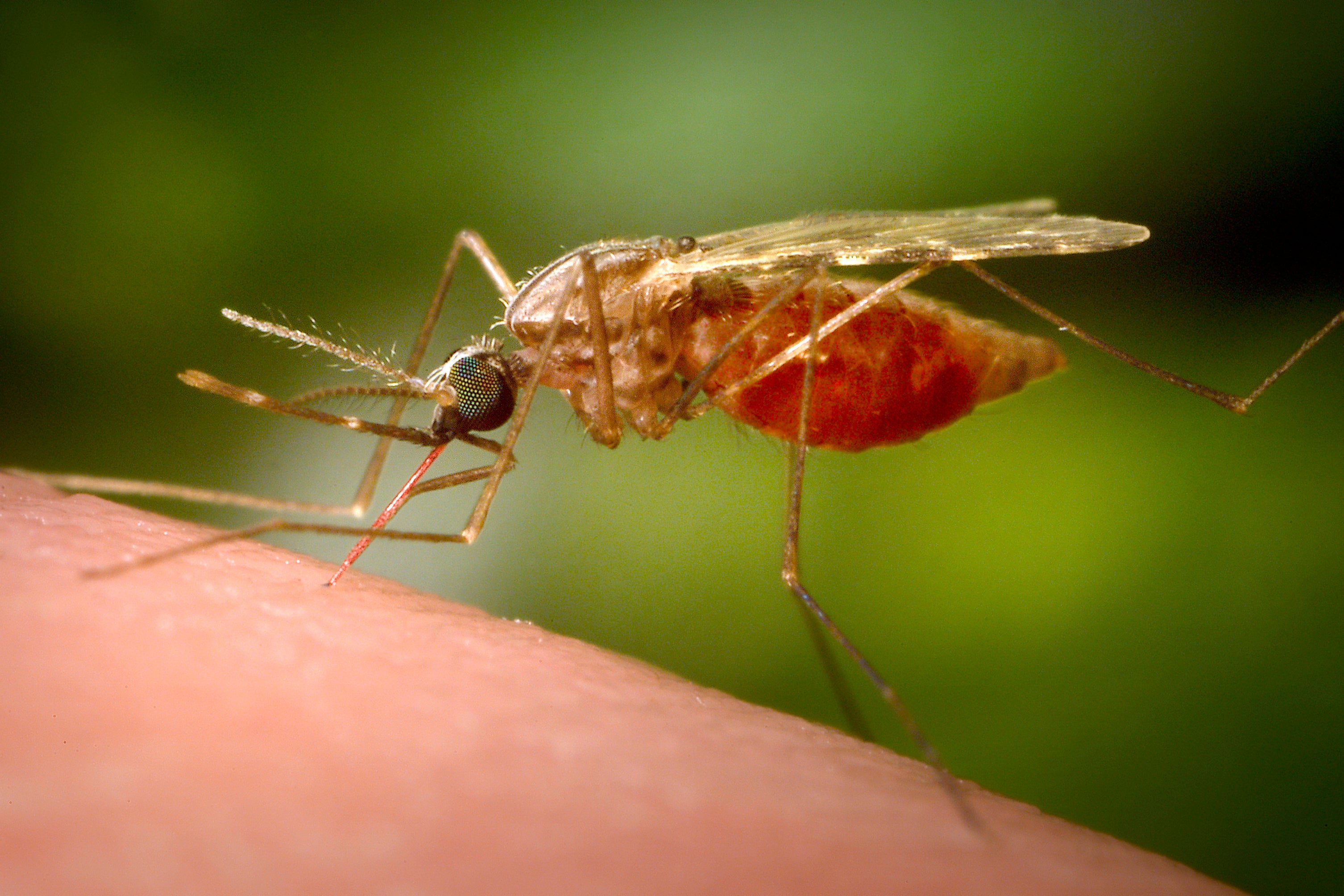New Hampshire resident dies after contracting mosquito-borne encephalitis virus
New Hampshire last saw an Eastern Equine Encephalitis infection in 2014
Your support helps us to tell the story
From reproductive rights to climate change to Big Tech, The Independent is on the ground when the story is developing. Whether it's investigating the financials of Elon Musk's pro-Trump PAC or producing our latest documentary, 'The A Word', which shines a light on the American women fighting for reproductive rights, we know how important it is to parse out the facts from the messaging.
At such a critical moment in US history, we need reporters on the ground. Your donation allows us to keep sending journalists to speak to both sides of the story.
The Independent is trusted by Americans across the entire political spectrum. And unlike many other quality news outlets, we choose not to lock Americans out of our reporting and analysis with paywalls. We believe quality journalism should be available to everyone, paid for by those who can afford it.
Your support makes all the difference.A New Hampshire resident has died after testing positive for Eastern Equine Encephalitis virus.
The deceased was identified only as an adult from Hampstead, the New Hampshire Department of Health and Human Services Division of Public Health Services said on Tuesday. The resident had been hospitalized with the severe central nervous system disease.
“We believe there is an elevated risk for EEEV infections this year in New England given the positive mosquito samples identified,” State Epidemiologist Dr. Benjamin Chan said.
“The risk will continue into the fall until there is a hard frost that kills the mosquitos. Everybody should take steps to prevent mosquito bites when they are outdoors.”

The last reported Eastern Equine Encephalitis infection in the state was ten years ago. The department identified three infections in 2014 which resulted in two deaths.
Eastern Equine Encephalitis cases have also been reported in neighboring Massachusetts and Vermont. A Massachusetts man in his eighties was hospitalized earlier this month after being exposed to the virus in Worcester County. The Massachusetts Department of Public Health declined to provide further details on the case due to patient privacy. In Vermont, a Chittenden County man in his forties was hospitalized on July 16. He left the hospital a week later.
This year, a total of four cases of Eastern Equine Encephalitis have been confirmed by the Centers for Disease Control and Prevention, including in Wisconsin and New Jersey. That tally did not yet include the New Hampshire case.
Only a handful of cases are reported each year, and infection is very serious. Eastern Equine Encephalitis can lead to inflammation of the brain and membranes around the spinal cord.
Approximately 30 percent of those infected with the virus die, and those who survive, are often left with neurologic problems. There are no vaccines or medicines to treat or prevent the disease.

These recent cases have resulted in insecticide treatments in Massachusetts towns and across New York City boroughs. New York has not reported any cases of Eastern Equine Encephalitis. Health departments in both states said they would use an insecticide called Anvil 10+10. New York City is also using two others, Duet and MERUS 3.
The insecticide would be sprayed on the ground using trucks in both states. The Massachusetts Department of Health also warned residents that they would use small aircrafts to spray from the sky.
Massachusetts has implemented other measures aimed to protect residents, including a voluntary curfew in some towns, and closing parks and fields from dusk until dawn.

Join our commenting forum
Join thought-provoking conversations, follow other Independent readers and see their replies
Comments